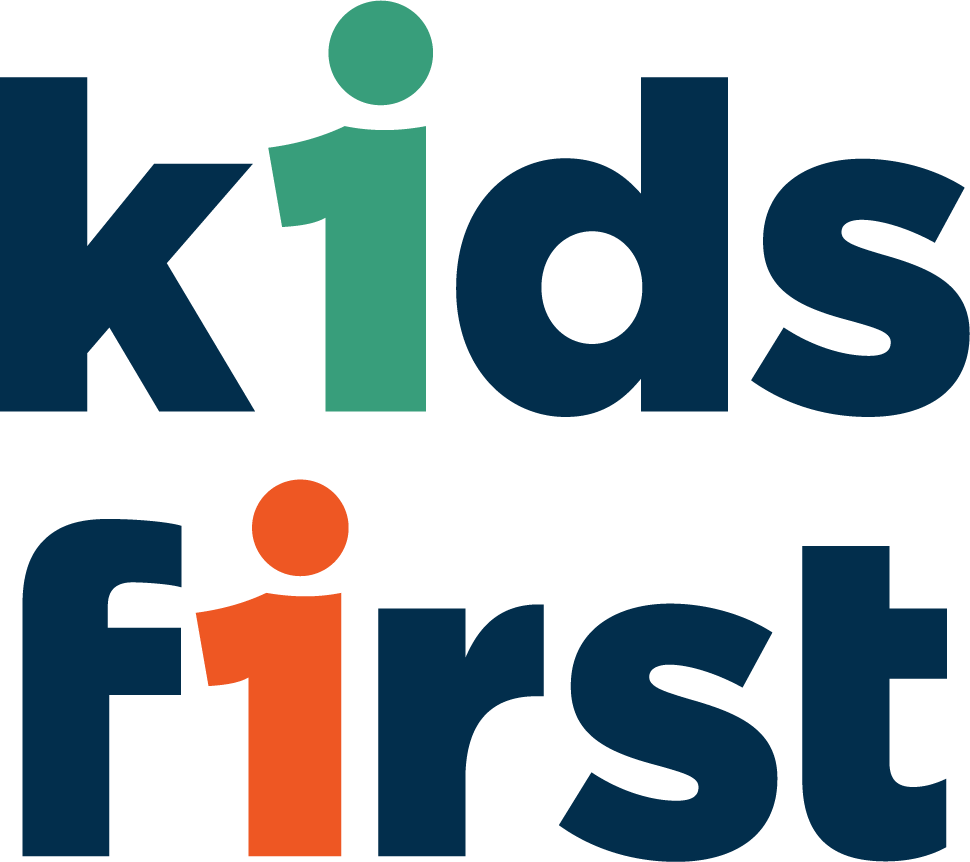Giving Thanks as a Lifestyle for Foster Parents
How often do you pause to reflect on your gratitude? According to research, those who are grateful usually have better and more positive attitudes. Why not share that joy with those who are in foster care? Foster parents can support the development of giving thanks in many different ways. Here are some suggestions to assist you in cultivating a grateful attitude and teaching it to your foster children.
Just Say “Thank You”
You should start saying “thank you” to everyone around you right away if you haven’t already. Thank your neighbor for making the effort to inform you of a significant upcoming neighborhood event. If a friend compliments your new shoes, say “thank you.” There are so many occasions that we allow to pass without showing our appreciation. Make an effort to be grateful in order to kick off with the right attitude.
Encourage an Attitude of Gratitude
Encourage your foster child to congratulate their teachers or math tutors they’ve worked with if they receive an A on their math test. Tell them to express their gratitude in person, by email, or in a personal card. When it comes to saying thank you, children will pick up manners, and they’ll also feel good when they do it.
Daily Gratitude Practice
At dinnertime, ask each member of the family to share something for which they are thankful. To counterbalance this, students can also mention anything they had trouble with that day. Starting off on a good note can be accomplished by focusing on the positive aspects of their day. It will become more natural after you and your family form the habit of expressing thanks.
Reward Positive Behavior
Praise your foster child when they show gratitude without your encouragement. Tell them that acknowledging the other person was kind of them. Additionally, you may give them extra computer time or a special dessert of their choice as a treat. By rewarding them, you let them know that you appreciate their expression of gratitude and that you took note of the effort they made.
Take Part in Activities That Encourage Giving Thanks
While foster parenting, there are lots of enjoyable things you can do to encourage kids to express gratitude. For instance, students can use a poster board to display images of the things, interests, animals, and loved ones for whom they are grateful. You can also keep a thankfulness notebook and add a new entry each day listing the things you are grateful for. Write down three memorable moments from the day (no matter how big or small). Encourage your foster child to write in a notebook as well so that their own sense of thankfulness can grow. It’s simple to cultivate an attitude of thankfulness; all it takes is changing your mindset. Every day, set aside some time to express gratitude to your loved ones. Do not forget to thank those who show kindness to you. Encourage your foster child to feel love and gratitude toward you by setting an example for them. And if you need help giving thanks, contact us at Kids First, and we will help!


